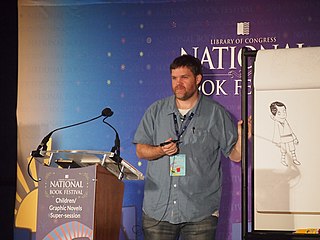A Quote by Dick Costolo
I think that content posted to Twitter is distributed to more platforms, services, sites, online and offline than any other services out there. Would love to see if someone can prove to me otherwise.
Related Quotes
'Dependent web' platforms such as Twitter, Facebook, Google and Yahoo are where people go to discover and share new content. Independent sites are the millions of blogs, community and service sites where passionate individuals 'hang out' with like-minded folks. This is where shared content is often created.
While sanctions against Iran and Syria are intended to constrain those countries' governments, they have had the unfortunate side effect of constraining activists' access to free online software and services used widely across the Middle East, including browsers, online chat applications, and online storage services.
Jobs in the public sector are increasingly dependent on technology, and more and more government services are available online in developed and developing countries. Women who have ICT skills can help develop and deliver these services, even in places where the sexes are traditionally kept separate.
I keep up with James Kochalka's online strip, and if I see a link somewhere or someone tells me about something, I'll look at it, but I don't usually keep up with any sites other than the 'American Elf.' I always have this feeling that there's not enough space in the screen, like everything's always getting cut off.
I love the fact that Satya Nadella's checked the checkbox for cross-platform for a number of our services. I still think it's very important to do the right kind of innovative integration across Windows and our hardware platforms with our cloud services. I think the company's doing a lot of good stuff. Real competition in AWS. Real competition in terms of the clients, particularly from a hardware perspective, there's also [competition] from Chrome. But all in all pretty good.
By using general consumption PPPs, the World Bank is, in effect, saying to the poor: "Sure, you cannot buy as much food as the dollar value we attribute to your income would buy in the United States. But then you can buy much more by way of services than you could buy with this PPP equivalent in the United States." But what consolation is this? The poor do not buy services - they are services, on their luckier days.
Considering that "literary fiction" is a sub-genre that's not quite the same as "literature," either, it follows that the short, semi-humorous bits posted online for all to see are something absolutely other, uniquely themselves compared to canonical short stories, for example, and so it'd probably be best to call it something other than "online lit" since I honestly think very little of it can compare to so-called "literature."



































